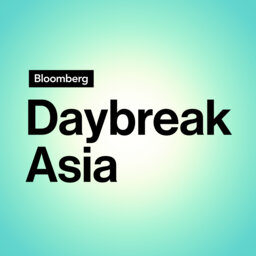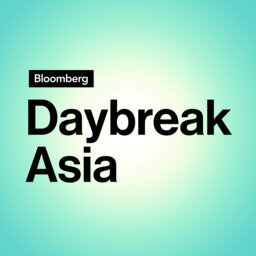What To Expect From China's NPC
Featuring:
Jill Disis, Bloomberg China EcoGov Editor, joins the show to break down what will be talked about during China's CPPCC and NPC meetings.
Ben Sharples, Bloomberg Energy and Commodities Editor, sits down with us to talk about how new legislation in the US could impact China's ability to purchase oil from the US emergency stockpile.
Minxin Pei, political scientist, Fellow at Claremont McKenna College and a Bloomberg Opinion Columnist joins the program to share his expectations for China's CPPCC and NPC meetings.
Subscribe and rate our podcast here:
Apple: https://podcasts.apple.com/us/podcast/bloomberg-daybreak-asia/id1663863437
Spotify: https://open.spotify.com/show/0Ccfge70zthAgVfm0NVw1b
TuneIn: https://tunein.com/podcasts/Asian-Talk/Bloomberg-Daybreak-Asia-Edition-p247557/?lang=es-es
In 1 playlist(s)
Bloomberg Daybreak: Asia Edition
Join Bloomberg Daybreak Asia for business and finance news centered in the Asia-Pacific region, alon…Social links
Follow podcast
Recent clips

Asia Stocks Rebound, SpaceX Combines With xAI, US-India Trade Deal
19:39

Precious Metals in Focus, Hang Lung Properties Earnings
18:47

Apple Record Earnings, Traders Weigh Big Tech, Fed Chair Pick Countdown
17:43
 Bloomberg Daybreak: Asia Edition
Bloomberg Daybreak: Asia Edition